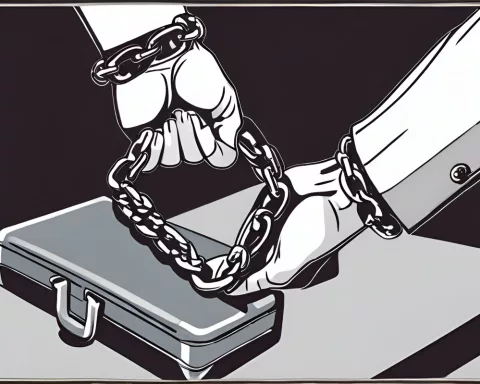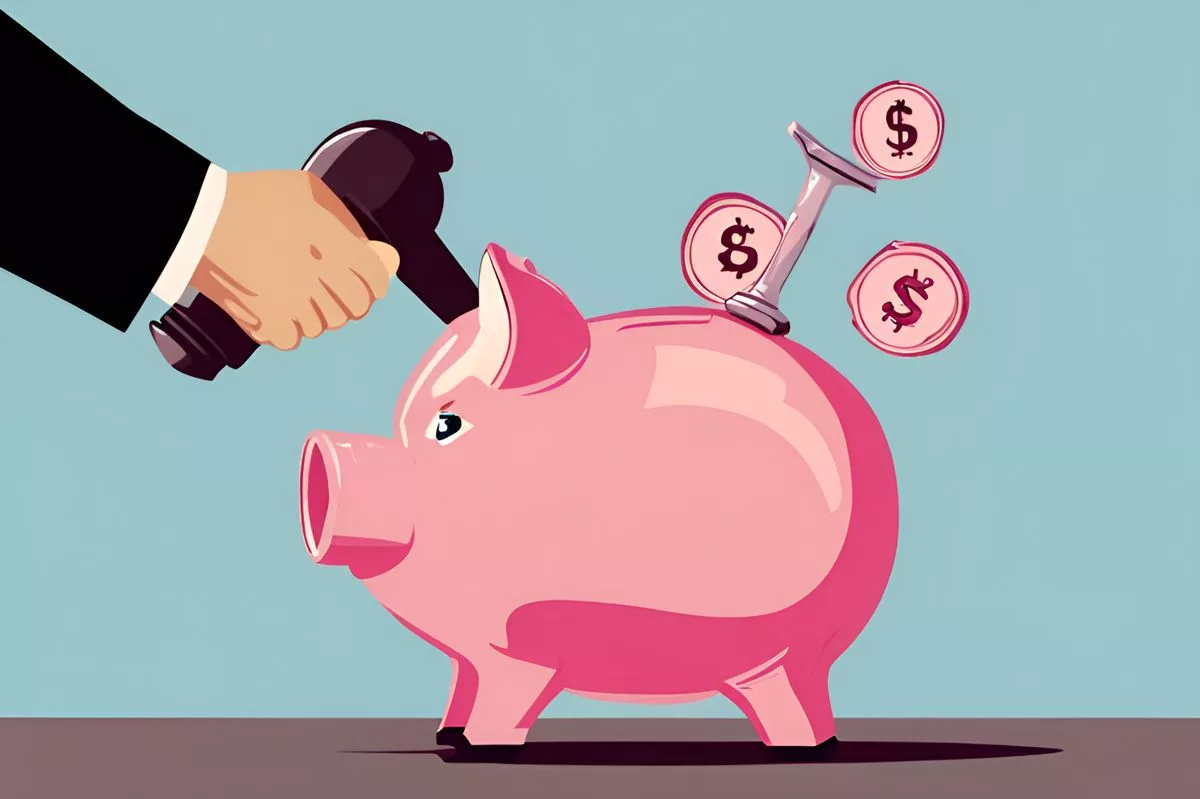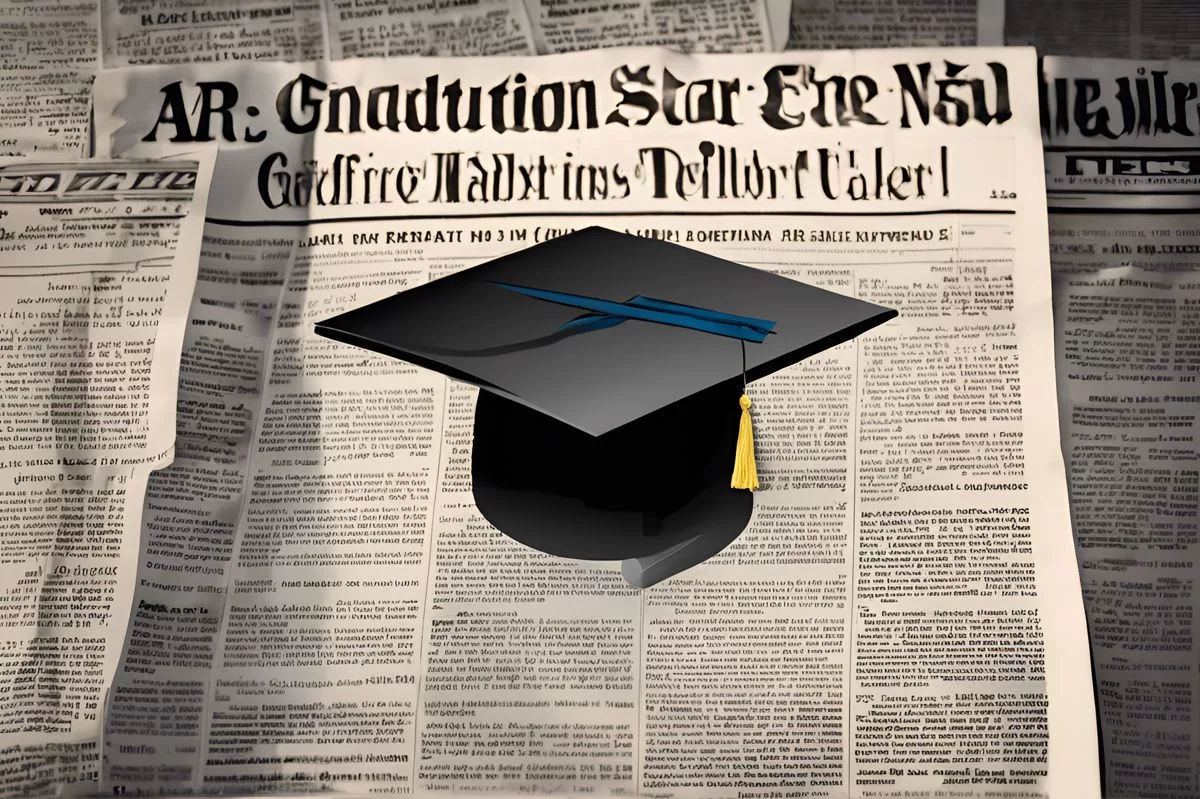South Africa’s COVID Grant, which provides financial assistance to citizens, may become a permanent feature in the nation’s socio-economic landscape. The grant has seen yearly extensions since its establishment and could evolve into a long-term support mechanism. The debate surrounding its permanence is not simple, and there are concerns about the fiscal strains it could place on the country, but it could also serve as a symbol of hope for millions grappling with joblessness and destitution. Regardless of the outcome, South Africa’s commitment to social security and pursuit of a fair future remains unwavering.
Will South Africa’s COVID Grant be a Permanent Feature of the Socio-Economic Landscape?
The COVID grant, initially intended as a Social Relief of Distress, has seen yearly extensions since its establishment. The financial assistance offered to citizens through the COVID grant could potentially evolve into a long-term feature in the nation’s socio-economic tapestry. The primary focus of debates and technical work is geared towards transitioning the provisional COVID grant into a permanently sustainable support mechanism.
A Pivotal Crossroads: Economic Vulnerability and Social Security
South Africa stands on the precipice of a critical juncture, grappling with significant economic fragility and the need for social security. As observed by economists from the Bank of America and reported by the Daily Investor, the financial assistance offered to citizens through the COVID grant could potentially evolve into a long-term feature in the nation’s socio-economic tapestry. This forecast surfaces despite the considerable fiscal strains that such a change could place on the country.
The COVID grant, initially intended as a Social Relief of Distress (SRD) in the face of the pandemic, has seen yearly extensions since its establishment. This magnanimous act by the government, disbursing a monthly allowance of R350 to over 10 million citizens, signifies a half percent of South Africa’s annual GDP. However, it’s not without its shortcomings— bureaucratic obstacles and corruption have been troubling side effects along this path.
The matter of the grant’s permanence is not a simple one. Tatonga Rusike, a senior economist at Bank of America, proposes that the seeming inevitability of the COVID grant’s continuity is closely linked to the upcoming National Treasury budget speech day, earmarked for Wednesday, 21st February 2024. With a multitude of citizens anxiously waiting for this day, the verdict is still out on the fate of the grant.
The Rationale Behind Permanence: Economic Relief and Political Strategy
The reasoning for solidifying the COVID grant’s status is grounded not only in providing economic respite but also as a political maneuver. As the 2024 National Elections approach, President Cyril Ramaphosa has openly advocated his party’s ‘pro-poor’ initiatives, stating that South Africa’s 28 million grant beneficiaries form the highest number on the African continent. Nevertheless, a rebuttal has emerged from Finance Minister Enoch Godongwana, warning of the growing reliance of the populace on government grants.
The social assistance dilemma simultaneously opens up the floor for a broader conversation— the potential inception of a Basic Income Grant (BIG). Rusike opines that institutionalizing the COVID grant could lay the groundwork for the introduction of the BIG, a groundbreaking move in the quest for social security. He contends that revoking the grant might be too demanding considering the ‘structurally high unemployment’ figures combined with the impending National Election.
Bridging the Temporary to the Permanent: A Sustainable Support System
Rusike indicates that the primary focus of debates and technical work is geared towards transitioning the provisional COVID grant into a permanently sustainable support mechanism. Thus, the permanence of the COVID grant may represent not only an economic choice but also a symbol of optimism for millions wrestling with the harsh realities of joblessness and destitution.
As South Africa treads this treacherous path, the deliberations persist. What is the likelihood of the COVID grant becoming a permanent fixture? What repercussions could it have on the nation’s economy? While we anticipate definitive responses, one matter is unequivocal— the dialogue revolving around the COVID grant exemplifies South Africa’s dedication to its citizens and its relentless pursuit of a fair future.
South Africa’s Commitment: A Pursuit for an Equitable Future
South Africa’s potential move towards making the COVID grant a permanent fixture amidst its socio-economic landscape is a testament to the country’s commitment to its citizens. The dedication towards providing social security, despite the looming economic hardships, reflects the country’s relentless pursuit towards a more equitable future.
The discourse surrounding the COVID grant and its potential permanence serves as a beacon of hope for millions, grappling with economic hardship and unemployment. Regardless of the final decision, the conversation underscores South Africa’s unwavering commitment to social security and its collective strive towards a stable, fair and equitable future. The ultimate fate of the COVID grant will undoubtedly have far-reaching implications, not only for the country’s economy but also for its social fabric.
1. What is South Africa’s COVID Grant?
South Africa’s COVID Grant is a financial assistance program established by the government in response to the pandemic. It was initially intended as a Social Relief of Distress, providing a monthly allowance of R350 to over 10 million citizens.
2. Will the COVID Grant become a permanent feature of the socio-economic landscape?
There is a possibility that the COVID Grant could become a permanent fixture in the nation’s socio-economic tapestry. The primary focus of debates and technical work is geared towards transitioning the provisional COVID grant into a permanently sustainable support mechanism.
3. What are the concerns surrounding the grant’s permanence?
There are concerns about the fiscal strains that the COVID Grant’s permanence could place on the country. Finance Minister Enoch Godongwana has warned of the growing reliance of the populace on government grants.
4. What is the rationale behind making the COVID Grant permanent?
The reasoning for solidifying the COVID Grant’s status is grounded not only in providing economic respite but also as a political maneuver. President Cyril Ramaphosa has openly advocated his party’s ‘pro-poor’ initiatives, and institutionalizing the COVID Grant could lay the groundwork for the introduction of a Basic Income Grant.
5. What is the likelihood of the COVID Grant becoming permanent?
The likelihood of the COVID Grant becoming permanent is still uncertain. The verdict is still out on the fate of the grant, which could be decided in the upcoming National Treasury budget speech day.
6. What does the discourse surrounding the COVID Grant signify?
The discourse surrounding the COVID Grant and its potential permanence signifies South Africa’s dedication to its citizens and its relentless pursuit of a fair future. Regardless of the final decision, the conversation underscores South Africa’s unwavering commitment to social security and its collective strive towards a stable, fair and equitable future.












